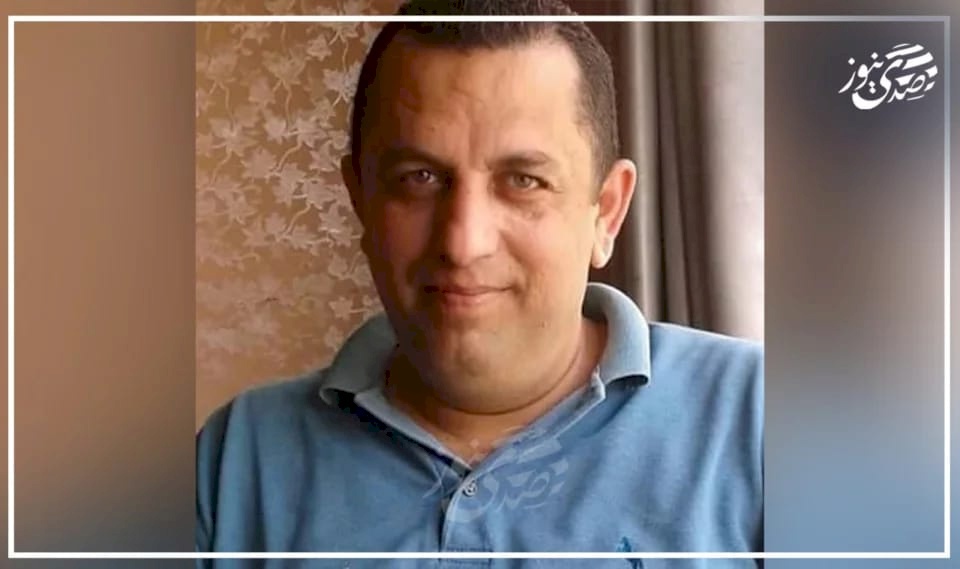
Gassan Kanafani... When Memory is Assassinated, Even If the Pen Does Not Fall Silent
Every July, the anniversary does not pass... but opens a door in the heart to a pain that cannot be closed.
The eighth of July was not just a date marking the assassination of a writer, but a moment when the occupation chose to assassinate memory, and to silence the pen that echoed louder than bullets.
In Beirut, they assassinated Gassan Kanafani, and in the adjacent seat of his car, the dreams of his niece Lamis were scattered, writing with her blood the first chapters of the slaughtered childhood on the altar of Palestine.
Gassan was not killed because he wrote a novel. He was not killed because he was a journalist, nor because he spoke of the Nakba.
Gassan Kanafani was assassinated because he was memory, and a fire under the ashes of the nation, igniting letters that lit up the dignity of readers and instilled fear in the enemy.
From the Nakba of 1948, Gassan emerged not just as a refugee, but as an ambassador bearing the wounds of a torn homeland, transforming exile into literature, loss into compasses, and words into gunpowder.
In times of confusion and betrayal, Kanafani came to scream from the heart of destruction: do not reconcile, do not surrender, do not forget.
He was not writing about Palestine, rather he was writing with it, from its heart, with its pain, and on its behalf.
His literature was not just texts to be read, but slaps that awaken.
Gassan was creating barricades from paper, trenches from sentences, and shots of anger from the characters in his novels.
Every story he wrote was a cry against forgetfulness.
Every word was a stone in the face of colonialism.
He believed that the pen alone can reshape maps if held by a faithful hand and a conscience that does not compromise.
In "Men in the Sun", he asked them: why did you not knock on the walls?
But he, himself, knocked on them until he broke them.
In "Returning to Haifa", he did not mourn the tragedy, but stripped it bare.
And in "The Land of Sad Oranges", he wrote: do not die before being an equal... and he died as an equal.
Gassan did not carry a rifle, but he carried something more dangerous: the free word.
And that is why they feared him.
And that is why they assassinated him.
Because they knew that the word written from the heart of the Nakba is stronger than all the weapons in the world.
Golda Meir did not see him as just a writer, but as an existential threat, and she drew his blood on the decision-making table, thinking that by assassinating him she would extinguish the fire, but she did not know that Gassan Kanafani would turn after his assassination into an idea, a banner, into an entire generation that believes that the word is a position, and that betrayal starts when the pen falls silent.
On the anniversary of his martyrdom, we do not lower the words, but raise them as he used to raise them: sharp, sincere, stubborn.
We re-read Gassan not to mourn, but to learn how resistance is made from ink, how literature turns into revenge, the novel into a battle, and the writer into a martyr.
Gassan Kanafani did not die, because those who write Palestine into the veins of letters remain alive in every line read, and every conscience that does not forget.

While some count the boos, Palestinians count their martyrs.. Paradoxes of the internation...

When the Palestinian Issue is Reduced to Gaza Management

Legally Licensed Occupation

The Absence of the Palestinian Representation and the Bet on Time

Palestine: When the Criminal is Declared a 'Peace Maker'

Don't Blame the Palestinian People for the Failures of Your Regimes and Ideologies

The Flood of Settlement and Displacement in the West Bank

